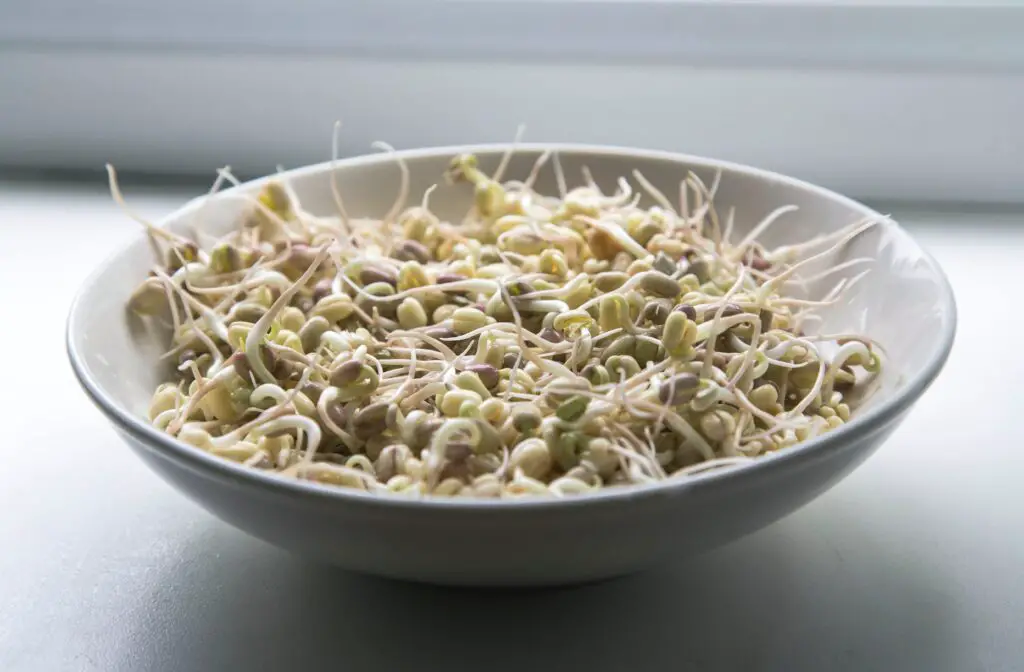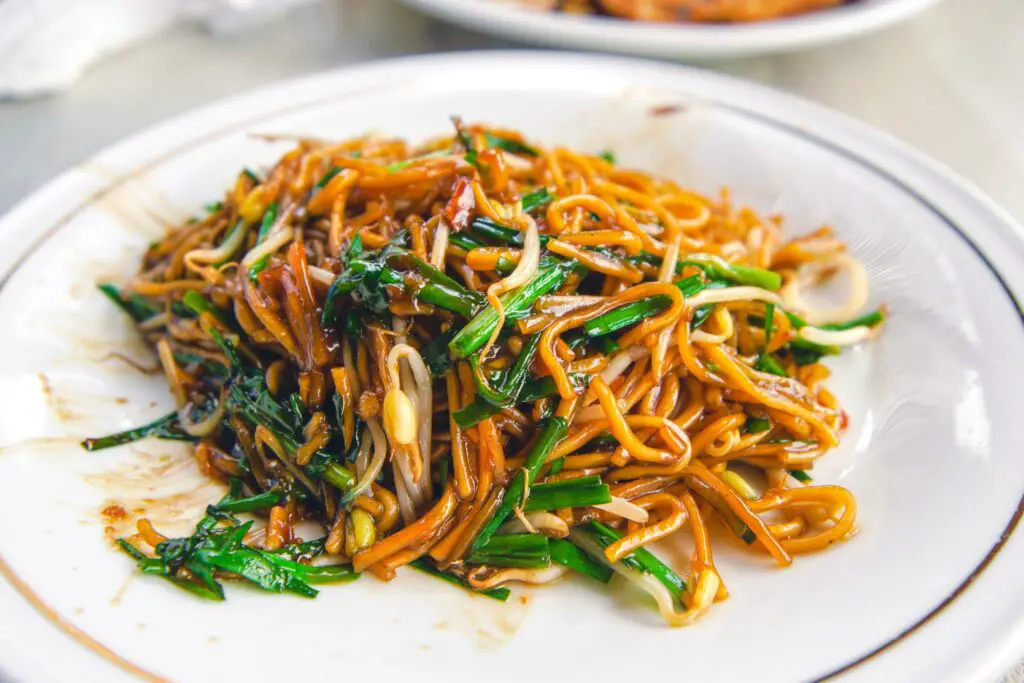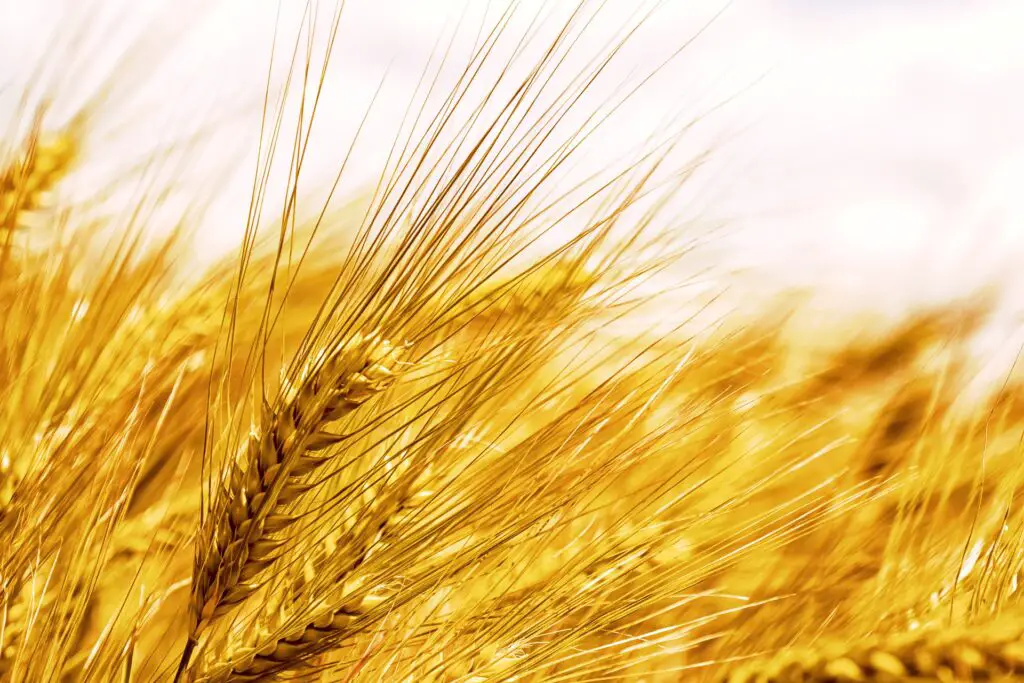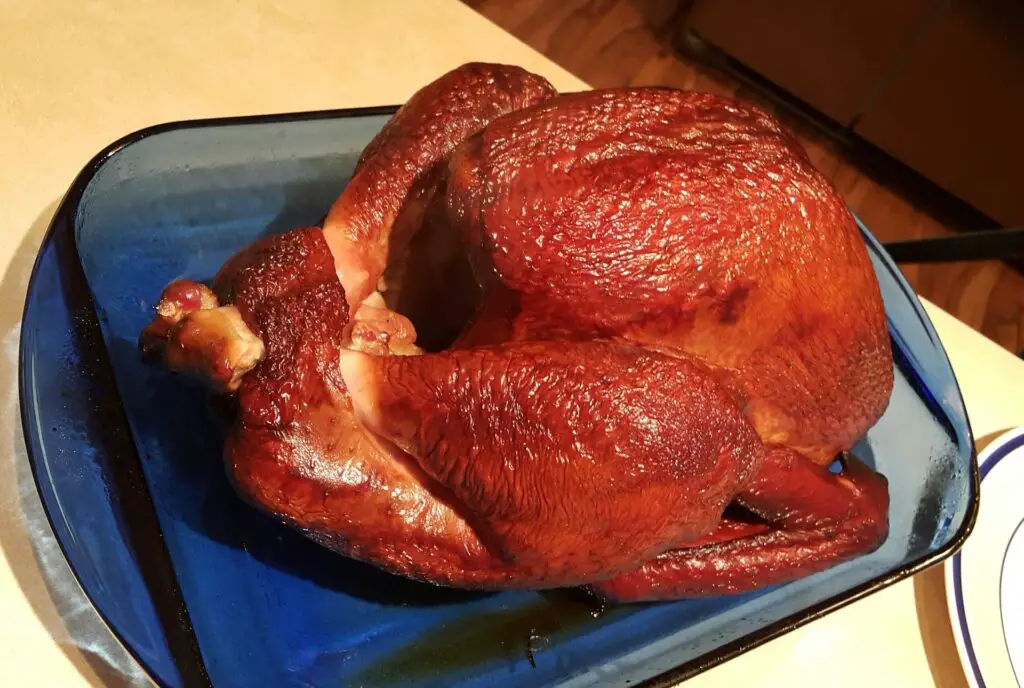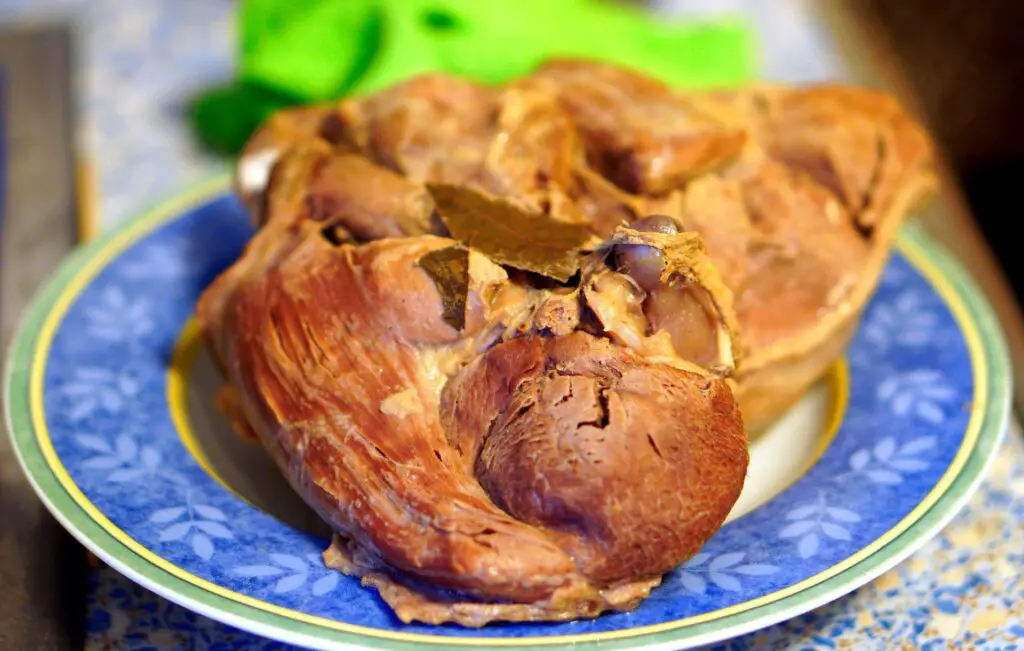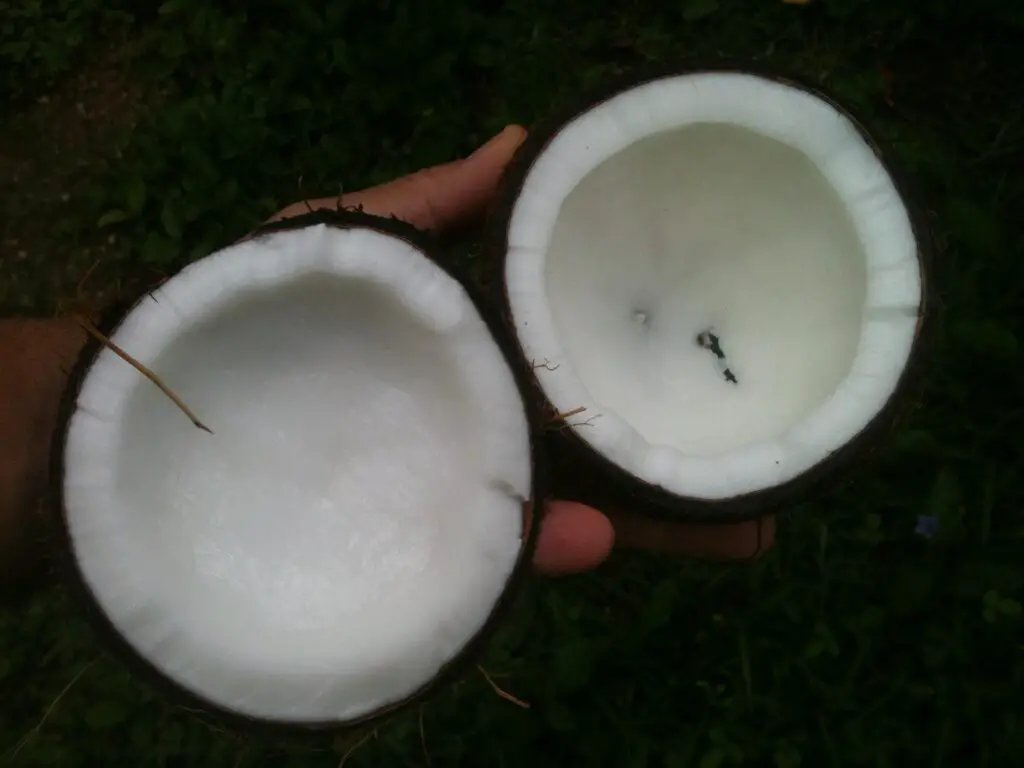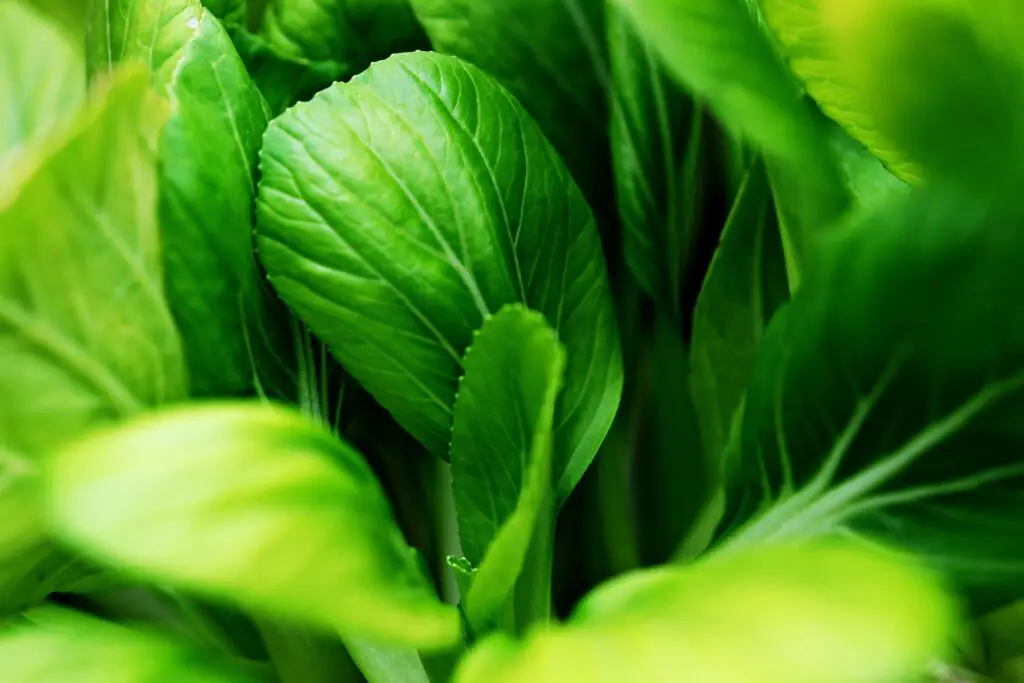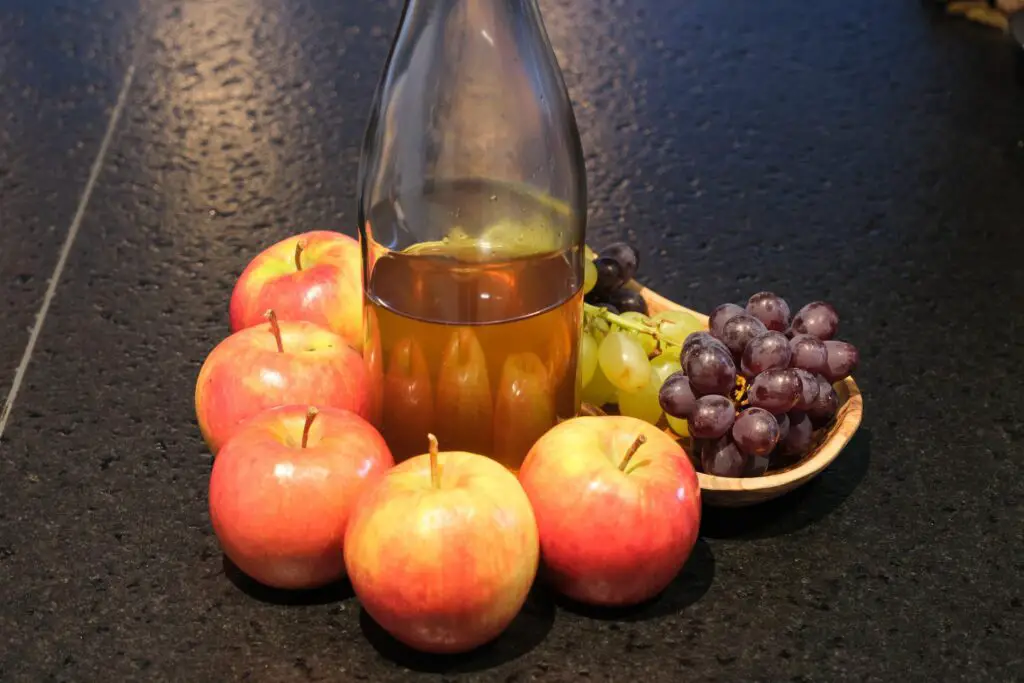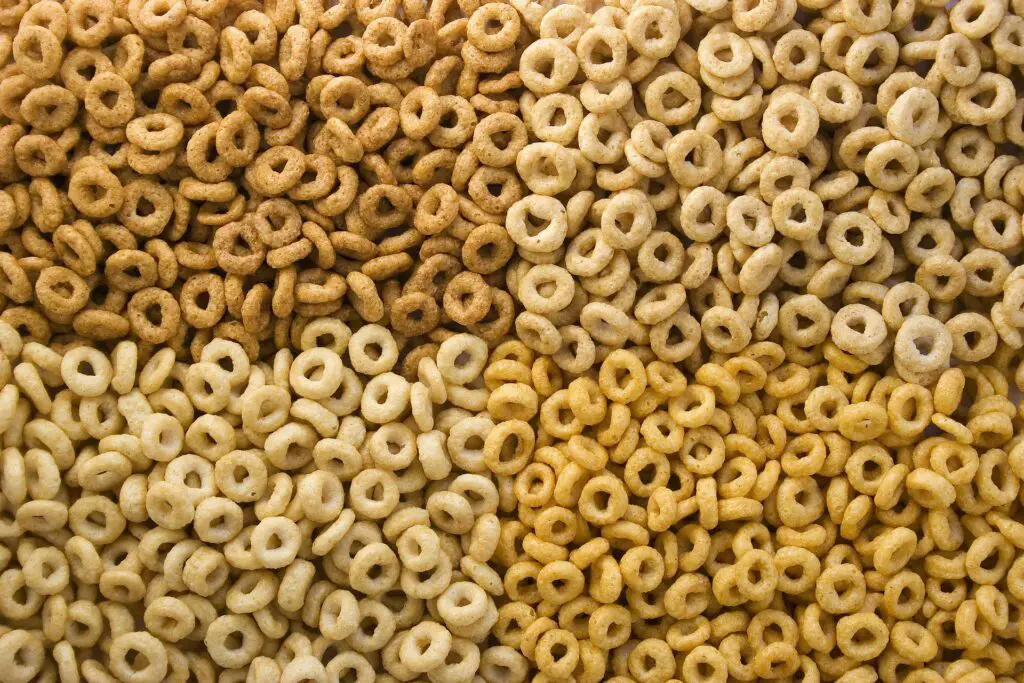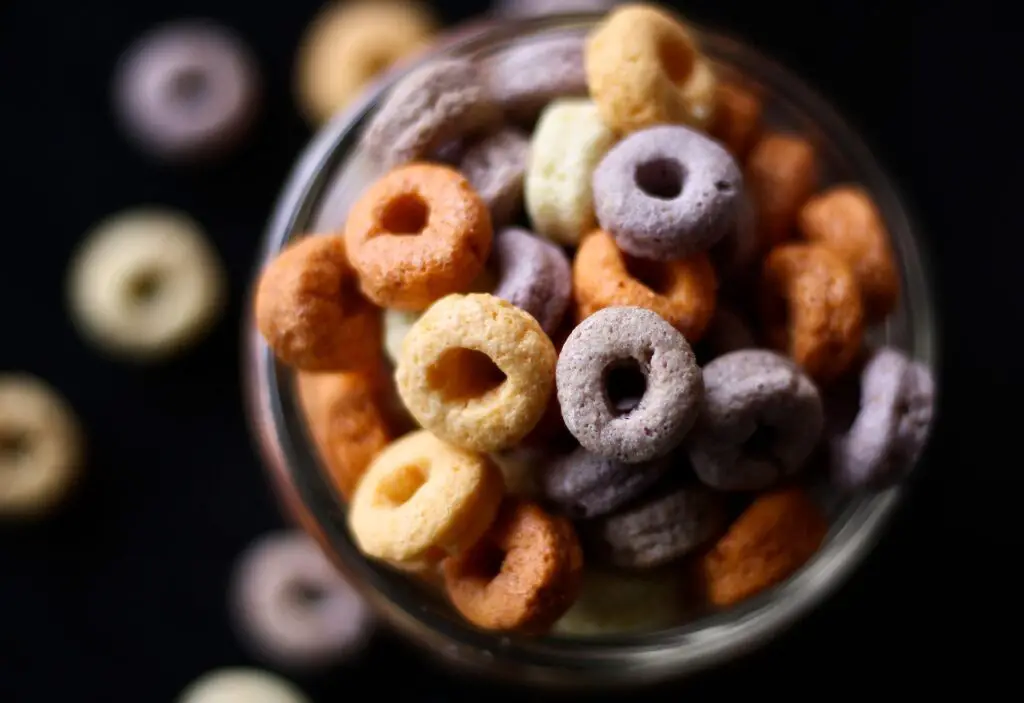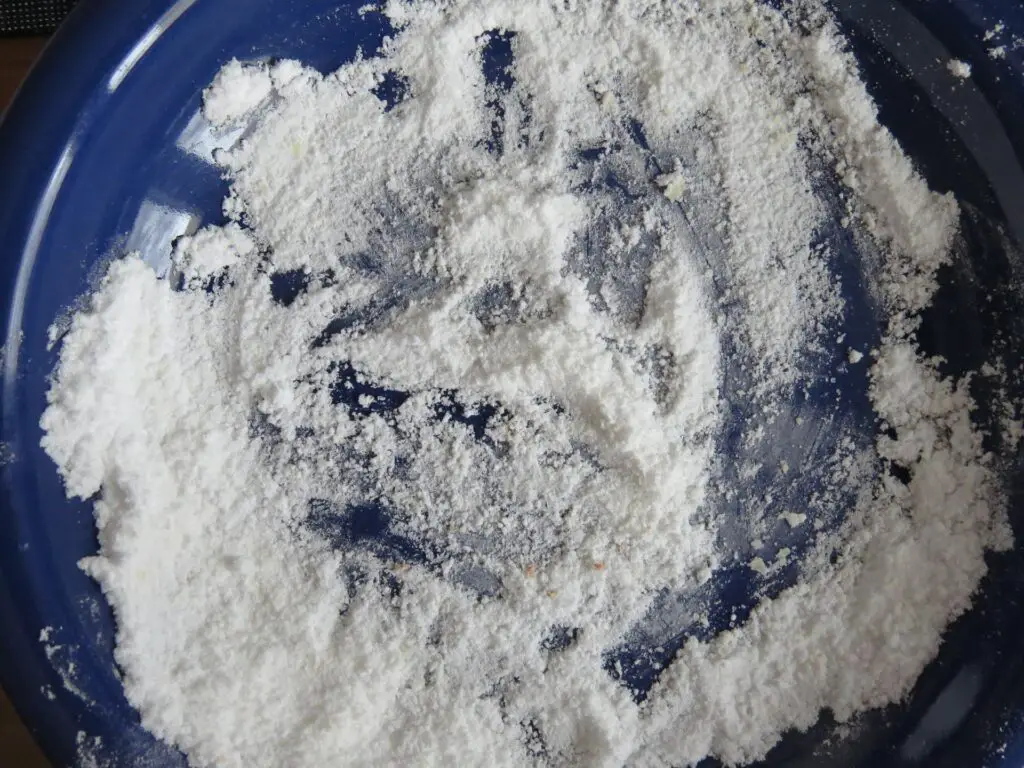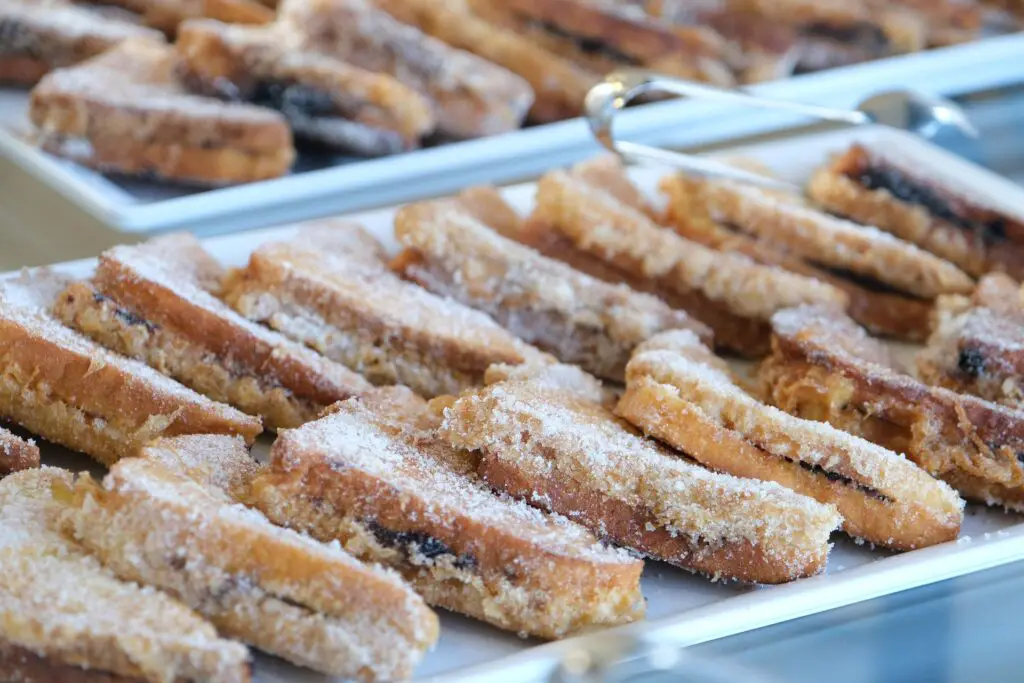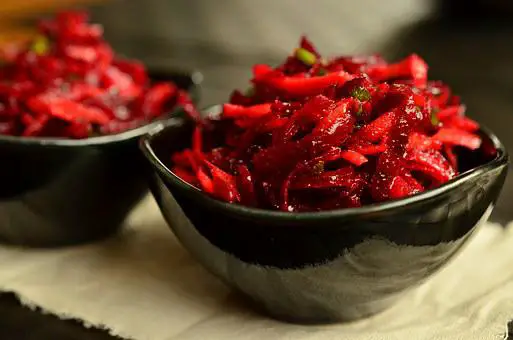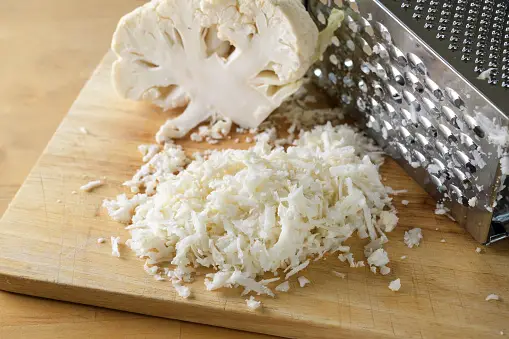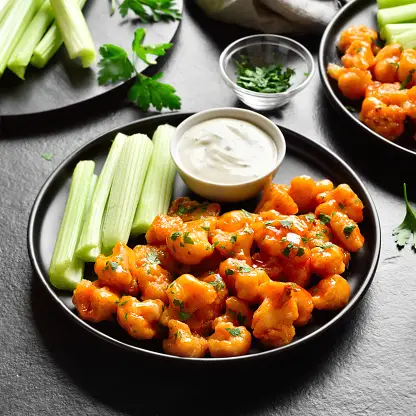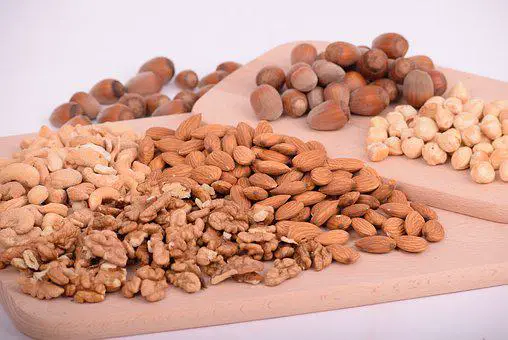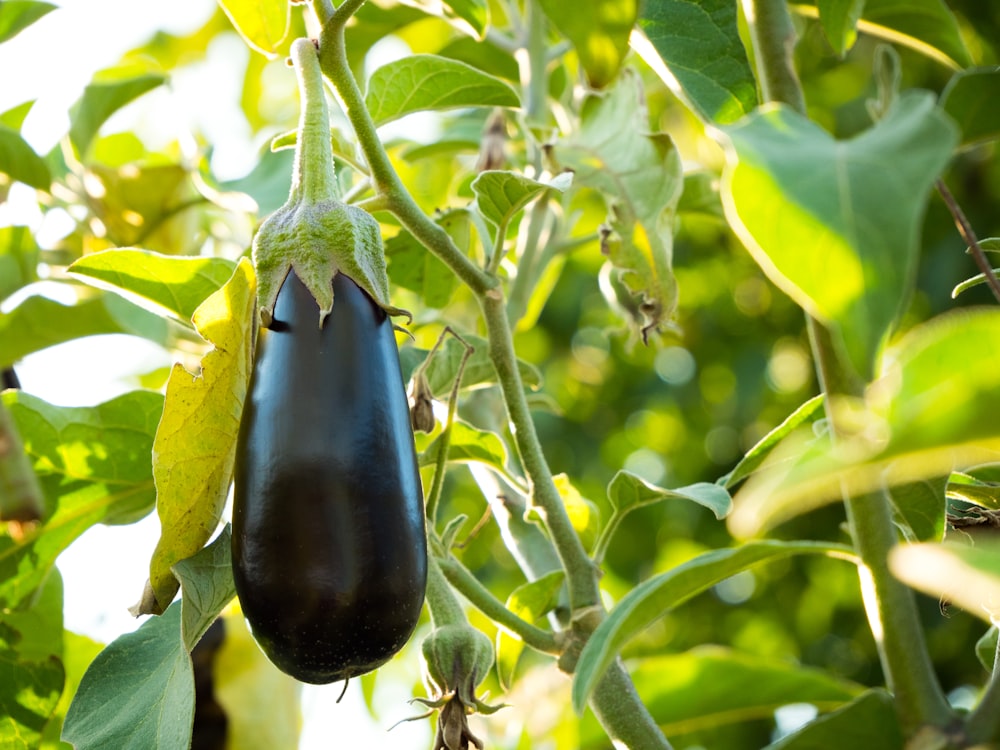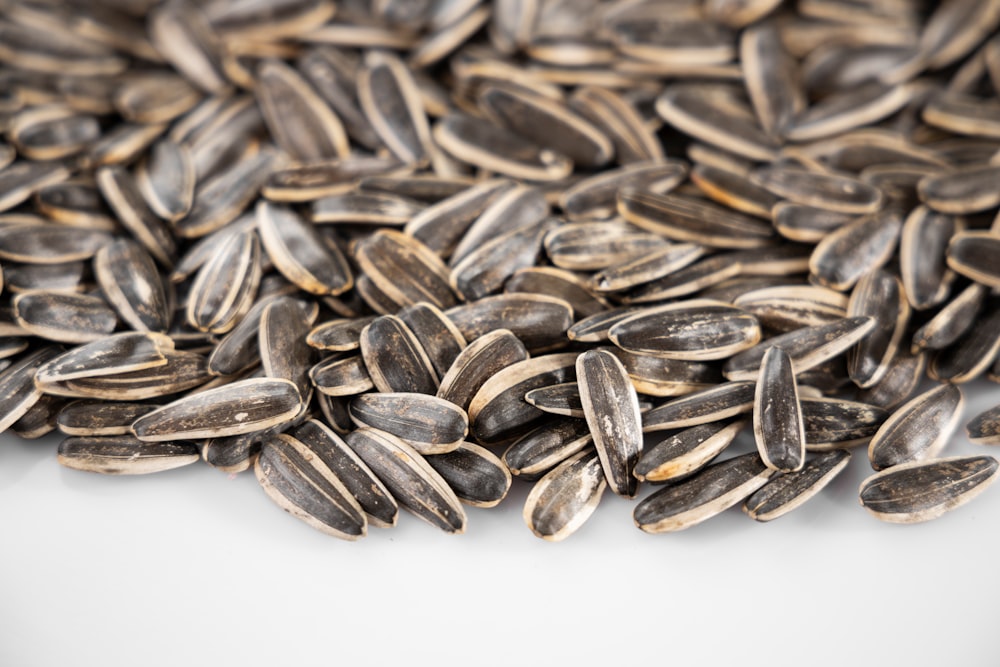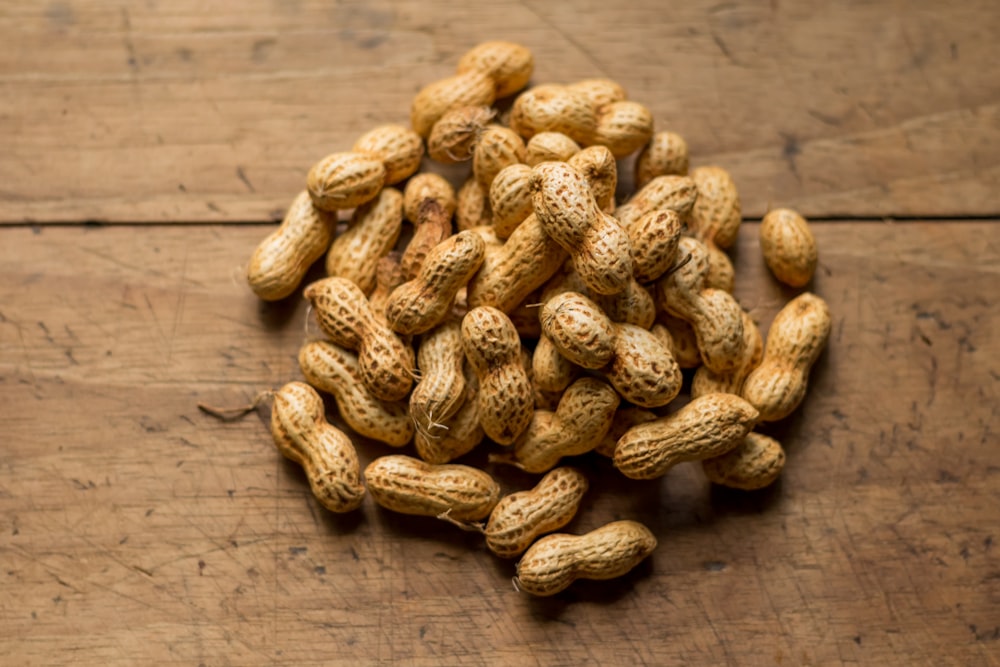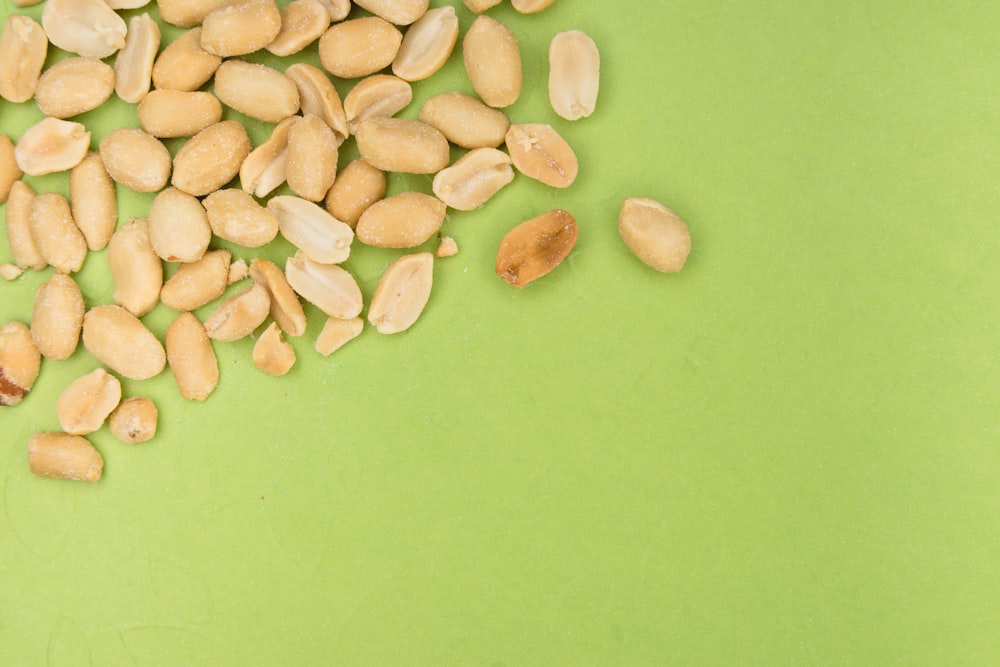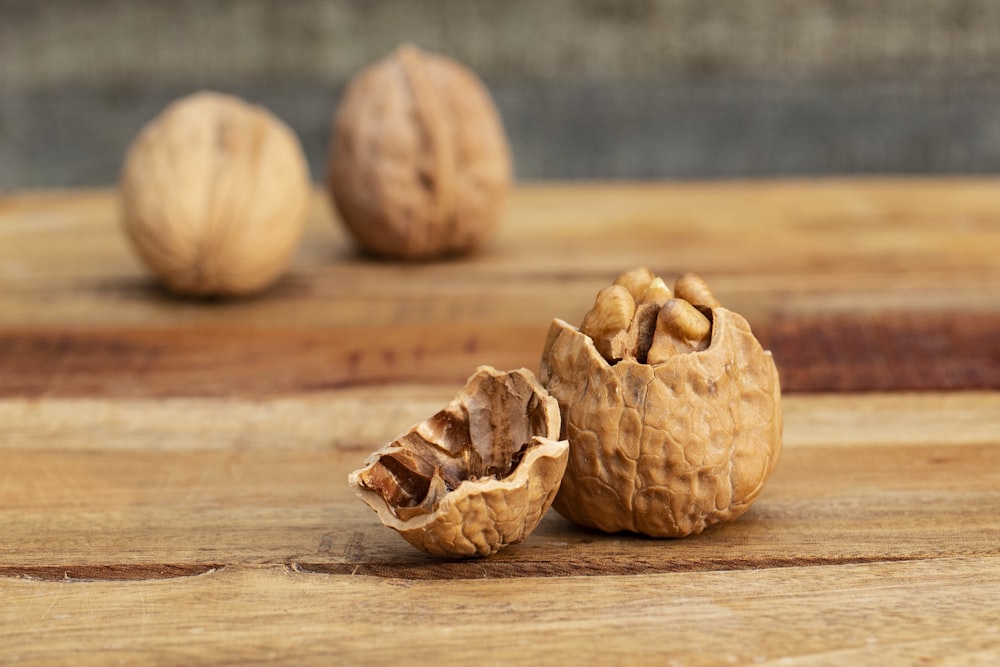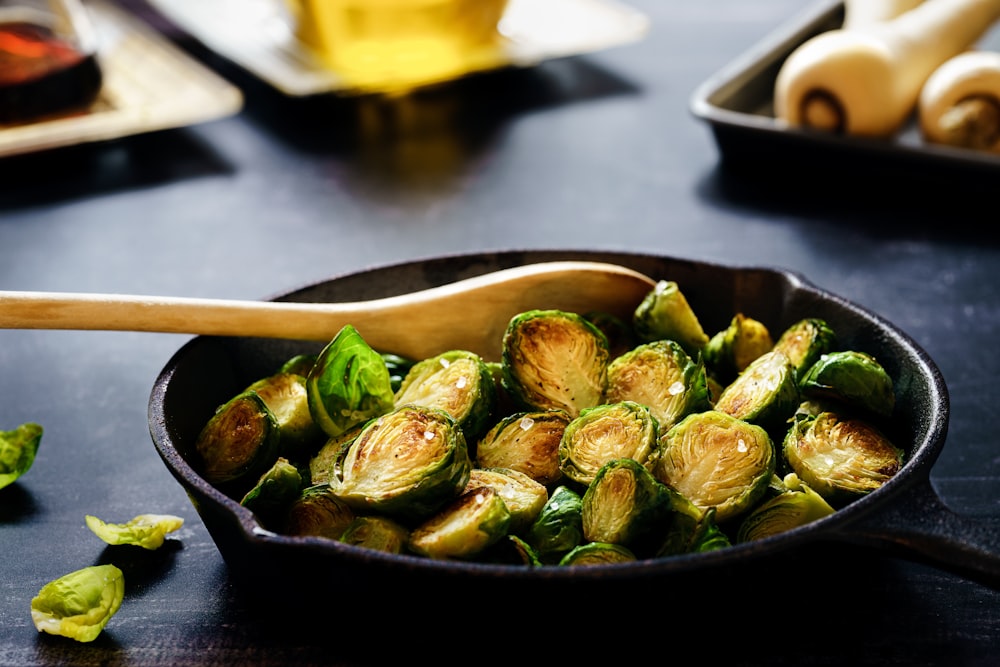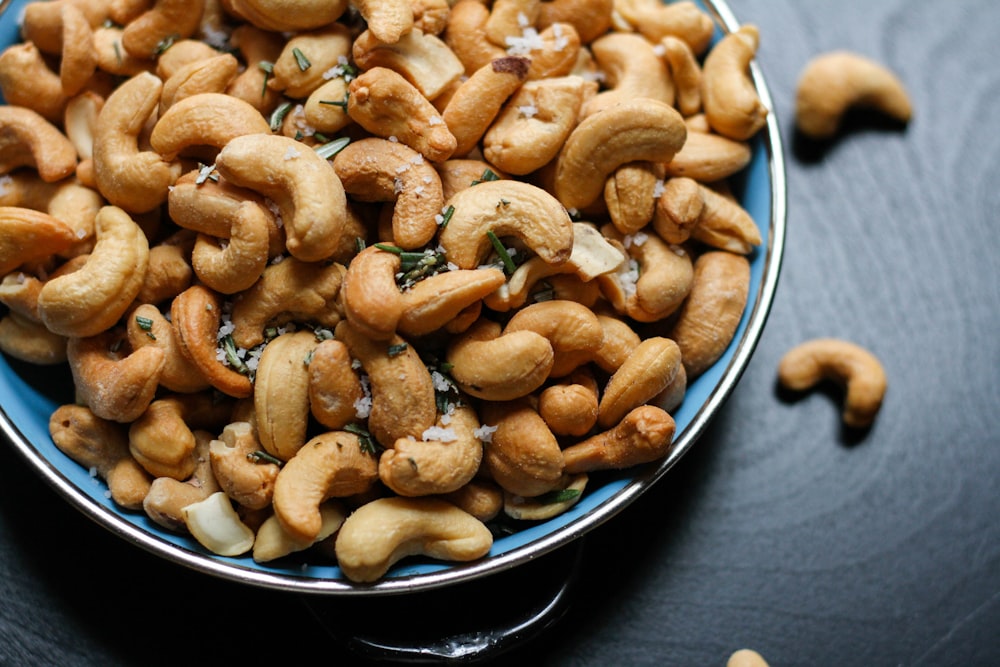If you are following a low FODMAP diet, you may be wondering if pine nuts are a safe food to eat. In this blog post, we will answer that question for you! We will also discuss the nutritional benefits of pine nuts and provide some recipe ideas for incorporating them into your diet.
What are pine nuts and where do they come from?
Delicious and nutritious, pine nuts are a versatile ingredient that can be used in sweet or savory dishes. But what are Pine nuts, and where do they come from?
Pine nuts are the edible seeds of certain species of pine trees. There are around 20 different species of pine trees that produce seeds that are large enough to be harvested, but the most common variety of pine nuts is the stone pine. Pine nuts are an excellent source of protein, vitamins, and minerals, and they are also low in carbohydrates.
Pine nuts are native to Europe, Asia, and North America, and they have been a part of the human diet for thousands of years. Archaeological evidence suggests that people were consuming pine nuts as far back as 18,000 BCE! In many cultures, pine nuts are still an important food source, and they are often gathered from wild trees. However, there is a growing demand for commercially grown pine nuts, as they are becoming increasingly popular in Western cuisine.
Whether you are looking for a nutritious snack or want to add a unique flavor to your cooking, pine nuts are a great option. And with so much history and variety, there is sure to be a type of pine nut that suits your needs.
Are pine nuts low in FODMAP?

For those with digestive sensitivities, following a low FODMAP diet can be a helpful way to manage symptoms. But with so many restrictions, it can be difficult to know what foods are safe to eat. So, are pine nuts low in FODMAP?
Pine nuts are a type of seed that is often used in cooking, as they have a mild, slightly sweet flavor. They are also a good source of nutrients like magnesium, phosphorus, and zinc. While most seeds are high in FODMAPs, pine nuts are actually low in fructans and galacto-oligosaccharides (GOS), making them safe for people following a low FODMAP diet.
However, it’s important to note that pine nuts can still cause digestive issues for some people. A small minority of people are sensitive to the carbohydrates in pine nuts, even though they are low in FODMAPs. If you find that you are sensitive to pine nuts, you may want to avoid them or limit your intake.
Overall, pine nuts are a safe food for most people following a low FODMAP diet. If you are sensitive to Pine Nuts carbohydrates, you may want to limit your intake or avoid them altogether.
The nutritional benefits of pine nuts
Pine nuts are the edible seeds of pine trees, and they have been a part of the human diet for thousands of years. Today, they are prized for their rich, buttery flavor and their versatility in both sweet and savory dishes. But pine nuts are more than just a culinary delight – they are also an excellent source of nutrition. Pine nuts are a good source of protein, fiber, and healthy fats. They are also a rich source of vitamins and minerals, including vitamin E, magnesium, phosphorus, and manganese. In addition, pine nuts contain high levels of antioxidants, which can help to protect cells from damage caused by free radicals. Best of all, pine nuts are low in FODMAPs, making them an ideal food for people with digestive sensitivities. So whether you’re looking for a delicious addition to your favorite recipe or a nutritious snack to fuel your day, pine nuts are a perfect choice.
Pine nuts and the low FODMAP diet
Are pine nuts low fodmap? The short answer is yes, pine nuts are low in FODMAPs and are therefore safe for people following a low FODMAP diet. Pine nuts are a good source of fat and protein, and they are also relatively high in fiber. This makes them a filling and satisfying food that can be enjoyed in small quantities as part of a low FODMAP diet. Pine nuts are also a versatile ingredient that can be used in sweet or savory dishes. For example, they can be used to make pesto or added to salads or vegetable stir-fries. If you are following a low FODMAP diet, be sure to check labels carefully as some processed foods may contain high FODMAP ingredients such as garlic or onion powder. But overall, pine nuts are a great addition to a healthy, low FODMAP diet.
How to incorporate pine nuts into your diet
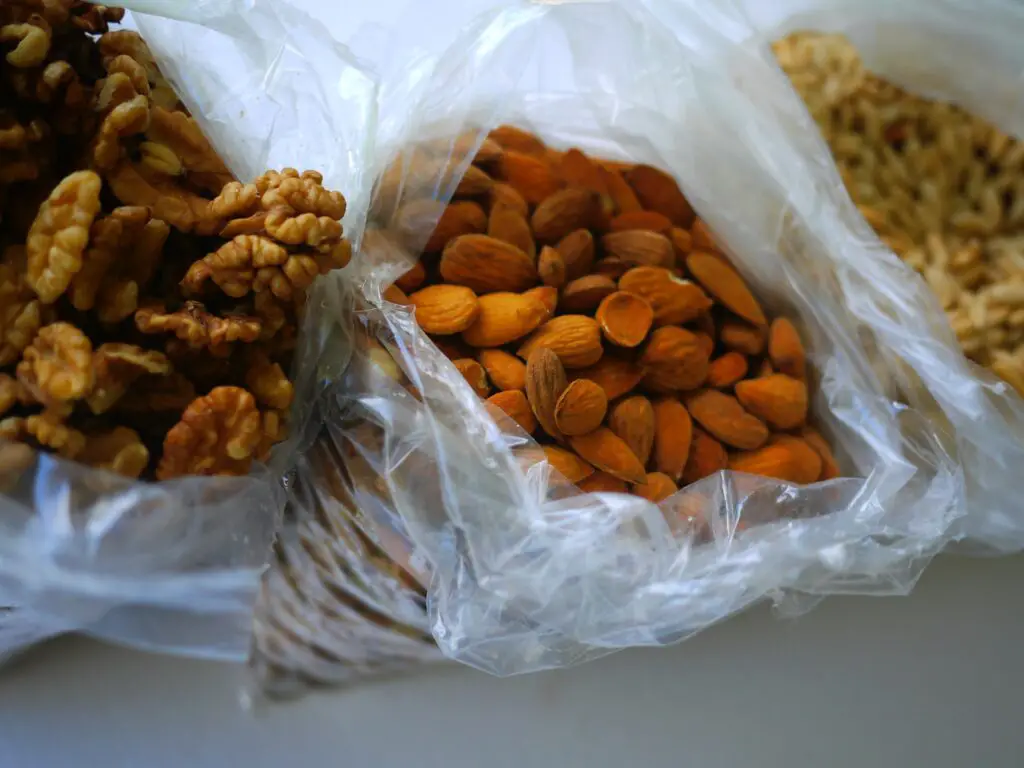
Although often thought of as a fancy ingredient, pine nuts are actually quite versatile and can be easily incorporated into your diet. They can be used in sweet or savory dishes and their mild flavor pairs well with a variety of other ingredients. Pine nuts are also a good source of vitamins and minerals, including iron, magnesium, and zinc. In addition, they contain heart-healthy fats and antioxidants that can help to protect against disease. So next time you’re looking for a healthy way to add some flavor to your meal, reach for a handful of pine nuts.
Pine nut recipes for the low FODMAP diet
People with irritable bowel syndrome (IBS) often have difficulty digesting certain types of carbohydrates. The low FODMAP diet is a way of eating that eliminates many of these difficult-to-digest carbs. Pine nuts are a great source of nutrition for people following the low FODMAP diet. They are a good source of protein and fat, and they are also low in FODMAPs. Pine nuts can be used in a variety of recipes, including pesto, granola, and muffins. They can also be added to salads and main dishes for an extra boost of flavor and nutrition. When shopping for pine nuts, look for products that are labeled “low FODMAP.” This will ensure that you are getting the most gut-friendly product possible.
A final word on pine nuts and the low FODMAP diet
The low FODMAP diet has become a popular treatment for digestive disorders like irritable bowel syndrome (IBS). The diet involves avoiding foods that contain certain types of carbohydrates, including fructose, lactose, and fructans. One food that contains all three of these carbohydrates is pine nuts. For this reason, pine nuts are often avoided on the low FODMAP diet. However, there is some evidence to suggest that pine nuts may not be as problematic as other high-FODMAP foods. One study found that only a small percentage of people with IBS experienced symptoms after eating pine nuts. Furthermore, the symptoms that were reported were generally mild. This suggests that pine nuts may be better tolerated than other high-FODMAP foods. Consequently, pine nuts may be worth considering for people who are following the low FODMAP diet.
Interesting;
